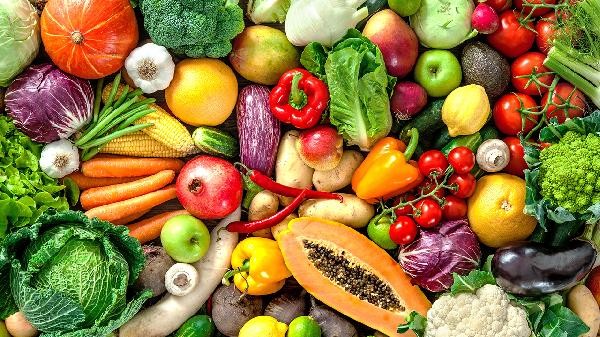Vegetables that have not been washed thoroughly and pesticide residues that may be ingested by mistake may cause mild gastrointestinal discomfort or potential health risks. The impact of pesticide residues is mainly related to the residual amount, pesticide type, and individual sensitivity. Common reactions include nausea, vomiting, abdominal pain, and dizziness. Long term intake may increase the probability of chronic poisoning. Small amounts of pesticide residues are usually metabolized and excreted by the human body, and may only cause temporary oral numbness or mild diarrhea. Some organic phosphorus residues may cause neurological symptoms such as sweating and pupil constriction, but the pesticide residue levels in commercially available vegetables mostly meet national standards. Children, pregnant women, or those with low immunity are more prone to allergic reactions, such as skin itching or respiratory irritation.

High concentrations of pesticide residues may cause acute poisoning, resulting in muscle tremors, blurred consciousness, and even difficulty breathing. This situation is more common in the illegal use of highly toxic pesticides or vegetables harvested before the safe interval. Long term accumulation of some organochlorine pesticides may disrupt the endocrine system, but modern agriculture has gradually phased out such high residue pesticides.

It is recommended to use methods such as rinsing with running water, soaking in baking soda, or peeling to reduce the risk of pesticide residues. Leafy vegetables need to be washed piece by piece, and it is recommended to scrub the surface of root vegetables. If severe symptoms such as persistent vomiting and convulsions occur, seek medical attention immediately. Prioritize choosing seasonal vegetables or organic certified products in daily life, and a diversified diet can help spread the risk.









Comments (0)
Leave a Comment
No comments yet
Be the first to share your thoughts!